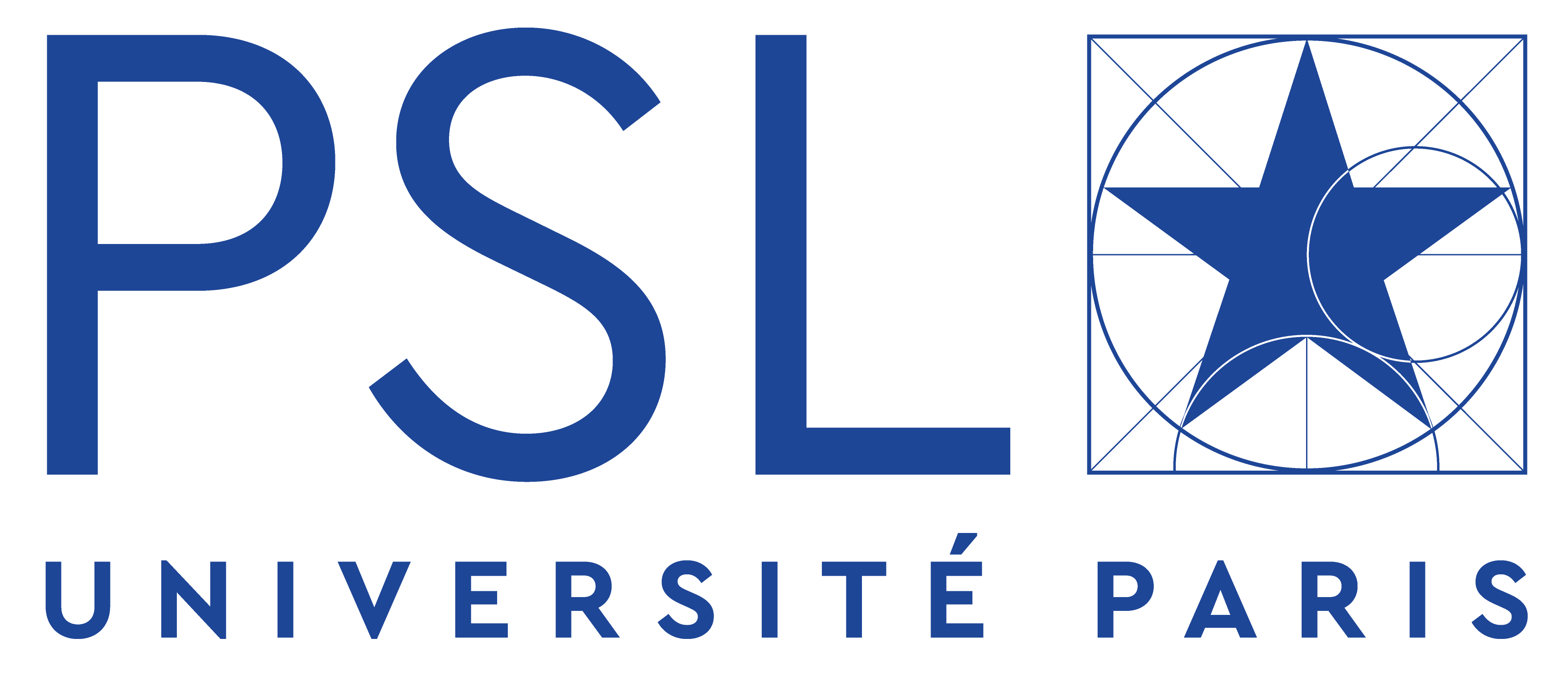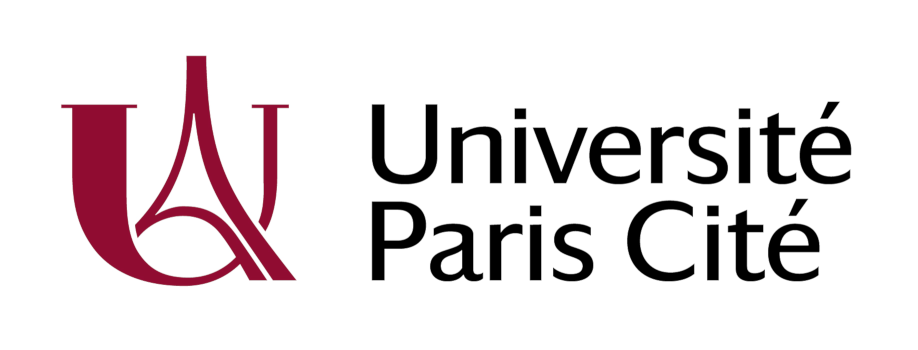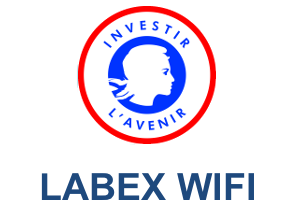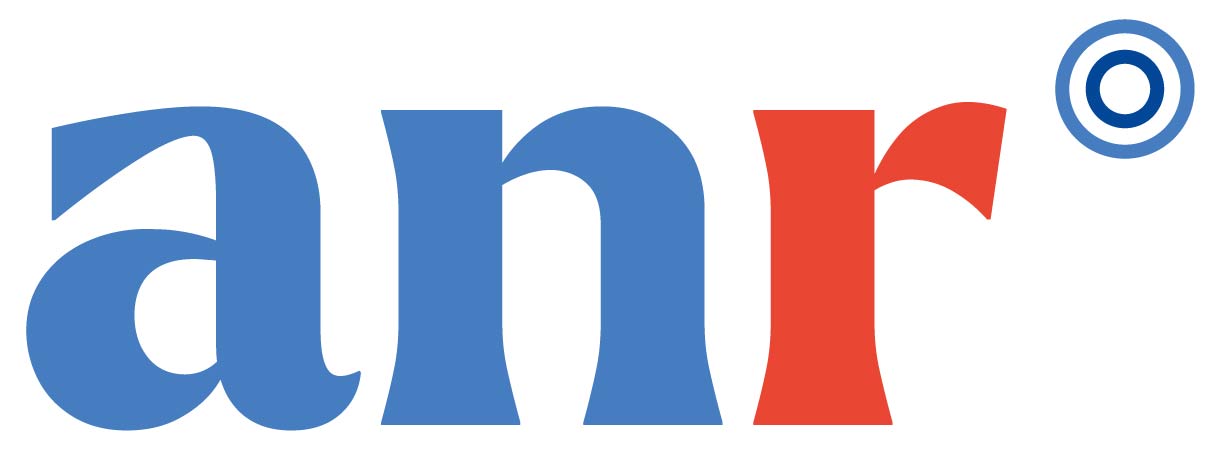Waves in complex media — From spatial to temporal degrees of freedom 2022

Scope
Understanding wave propagation in homogeneous media is the basis of classical imaging, sensing or telecommunications techniques. The presence of disorder complicates these problems and the study of propagation in disordered media, associated with spatio-temporal wave control techniques, has enabled major advances in many fields, from acoustics to optics, including seismology and microwave. All these techniques share the same base, namely the wave propagation medium itself. This remains a subject of study in its own right, which we wish to address during this summer school, while keeping in mind the spirit of making crossings between the different communities of wave physics. Indeed, there is a multitude of different propagation media, each coming with its own specificities and its own terminology.
Propagation media typically present fluctuations in the spatial dimensions, and also sometimes in the temporal dimension. While traditionally seen as perturbations, these degrees of freedom can be harnessed to develop new applications. Based on this observation, the main theme of our school is the study and the control of the spatio-temporal degrees of freedom in complex media. The objective is to share fundamentally multidisciplinary knowledge acquired by experts from different fields of research who face similar problems. The subjects treated will allow us to cover the theoretical aspects related to complex environments (correlated disorder, topology, multiple scattering, non-linear media, Anderson localization, metamaterials) as well as their practical applications (microwave, optical, and quantum telecommunications, imaging, sensing).
The school will consist of lectures given by eminent scientists and seminars to present recent works and applications. This format makes it even better for students to appropriate the common theoretical bases of wave physics in complex environments, while having a very good overview of the different experimental approaches specific to each type of wave. This multi-disciplinary approach will allow junior and senior researchers to go beyond the scope of their own research topics, and to acquire an overall vision necessary for cutting-edge research. A specific effort will be made to target the younger audience. It will allow PhD students and young scientists to acquire a solid and broad knowledge of wave propagation and control in complex media from the best experts worldwide.
A poster session will be organized to share recent results of the attendees.
Our sponsors

















